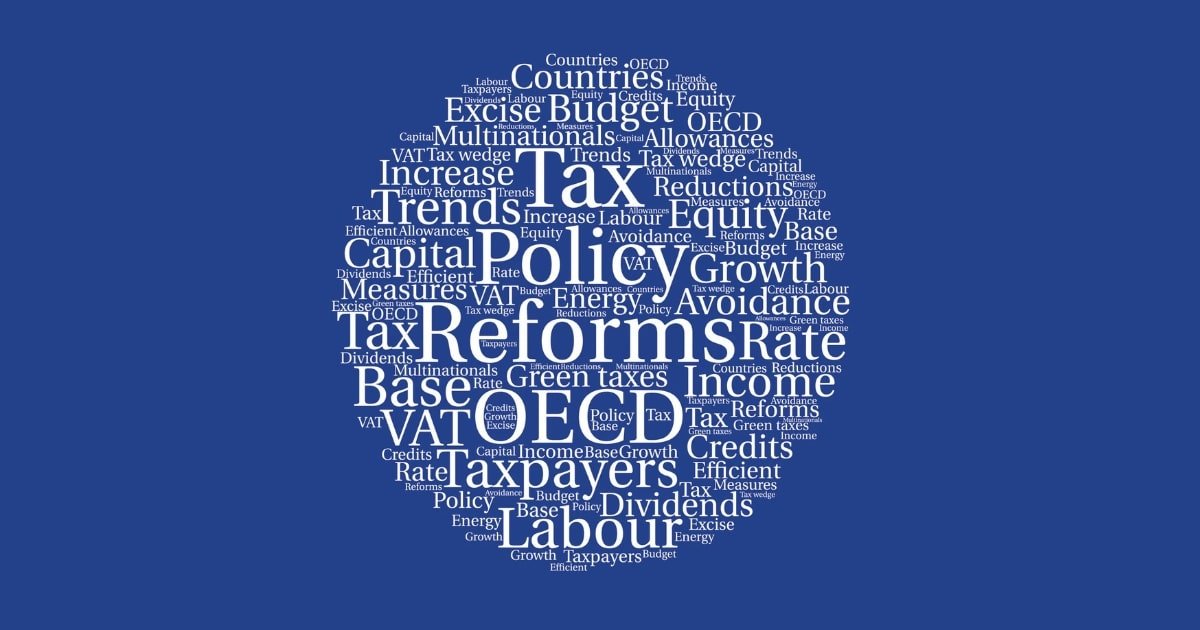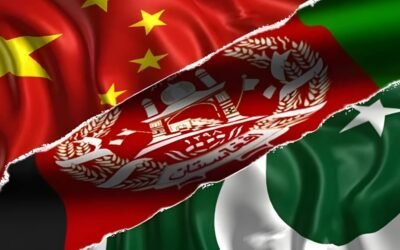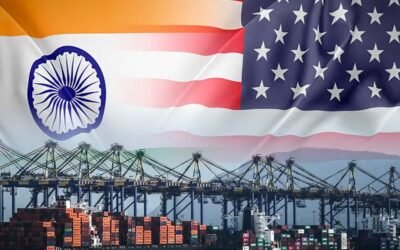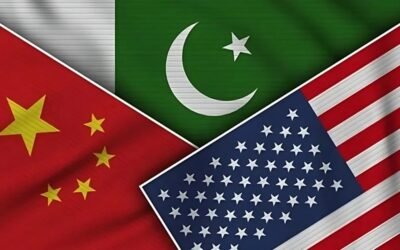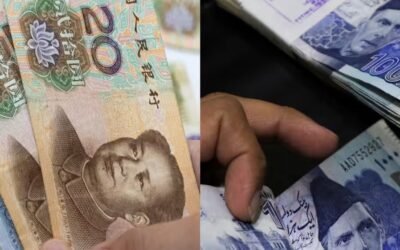The SOE Burden on Pakistan’s Economy
Pakistan’s state-owned enterprises (SOEs) have two roles. They offer public services like transport, energy, and banking, but they also cost the government large amounts of money. According to a 2021 government report, over 200 SOEs are operating in various sectors. At least 84 of these are commercial companies, and many of them lose money year after year. These losses increase the national budget deficit. Some of the worst performers include Pakistan International Airlines (PIA), Pakistan Steel Mills (PSM), and the National Highway Authority (NHA).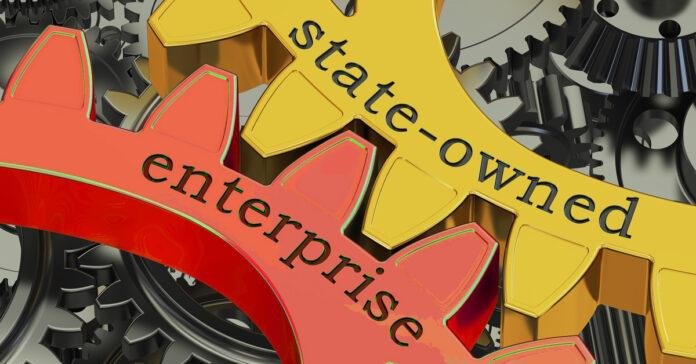
Chronic Mismanagement and Political Interference
A major reason these companies struggle is poor management. Often, leadership positions are given to people based on political connections instead of skill or experience. This leads to weak decision-making and little accountability. For example, Pakistan Railways has been running at a loss, partly because it follows outdated business methods and hires more workers than needed. Research from the Pakistan Institute of Development Economics (PIDE) shows that political interference in SOEs prevents long-term planning and stops these companies from modernizing or becoming efficient.
You May Like To Read: BJP-Appointed Administrator in IIOJK Bans 25 Books
Energy Sector SOEs: A High-Stakes Failure
The energy sector is one of the most troubled. Companies like the Pakistan Electric Power Company (PEPCO) and distribution companies (DISCOs) are dealing with a large and growing circular debt. This means they owe money across the entire electricity supply chain. The debt has grown due to mismanagement, power theft, and technical losses. These companies do not earn enough money and now rely on the government to keep running. Both the World Bank and IMF have warned that unless this sector is fixed, it will continue to hurt Pakistan’s economy and limit public spending on essential services like health and education. 
Privatization vs. Restructuring: The Policy Dilemma
There is an ongoing debate about what to do with these failing companies. Some believe they should be privatized, meaning sold to private businesses. They argue that this would improve efficiency and reduce the burden on taxpayers. Others fear that privatization could cause job losses and reduce access to public services. When the government announced plans to privatize PIA, there were protests from workers and concerns from the public. A balanced plan is needed. Companies with business potential can be restructured and run with help from the private sector. Those that cannot be saved should either be shut down or privatized carefully, with proper protections for workers.
Reform Success Stories: Lessons from Local Models
Not every SOE is performing poorly. Some, like the National Bank of Pakistan (NBP), Oil and Gas Development Company (OGDC), and even NHA in certain years, have made profits. These examples show that public companies can succeed if they are run professionally, given independence, and held accountable. In 2022, the National Transmission and Dispatch Company (NTDC) started a system to reward good performance. This helped improve how quickly work was completed. These cases show that with better management and stronger rules, even government-owned companies can perform well. Successful models like these should be used as examples for other sectors.
You May Like To Read: How the US-China Rivalry Is Blocking South Asia’s Economic Future
Role of the SIFC and IMF Conditionalities
The Special Investment Facilitation Council (SIFC), formed in 2023, is now leading the effort to fix SOEs. Its job is to speed up decisions on privatization, bring in foreign investment, and improve how these companies are run. One of its key moves is to list major SOEs on the Pakistan Stock Exchange, so their finances are more transparent. These steps are also part of the conditions set by the IMF, which has linked future loans to better control of public spending and energy sector reforms. While some people criticize this as foreign pressure, the reality is that Pakistan can no longer afford to fund loss-making companies. 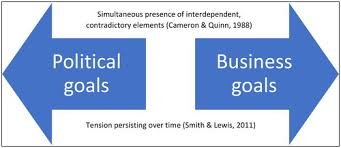
Transparency and Public Accountability
For reforms to work, they must be transparent. Citizens have the right to know how SOEs are performing, how much their top managers are paid, and how public money is being spent. Unfortunately, most SOEs do not publish annual reports or share performance data. Reports by the Auditor General are often delayed and ignored. A useful step would be to upload audit reports and financial details of SOEs on public websites like pc.gov.pk. This would increase public trust and reduce corruption. Civil society, the media, and watchdog groups also need to monitor reforms closely and hold policymakers accountable.
Why Reform Now, Not Later
Delaying these reforms has already cost the country too much. Economic growth has slowed, debt has increased, and investor confidence has dropped. With less money coming in from outside and pressure on local finances, Pakistan can no longer afford to support failing companies. These reforms may not be easy, but they are necessary. If done properly, they can reduce the budget deficit and restore public trust in state institutions. Most importantly, they will free up money for sectors that matter most—like education, healthcare, and infrastructure.
Conclusion: Rebuilding Trust Through Reform
Pakistan’s SOEs are a clear example of wider governance problems. For years, these companies have wasted public funds without delivering value. Fixing them is not just about saving money—it’s about rebuilding public trust. Success will depend on political will, honest execution, and smart planning. Whether it’s through privatization, restructuring, or better internal management, the aim should be the same: turn these companies into well-run organizations that serve the public, not political interests. The time to act is now. Reform is no longer optional—it is essential for Pakistan’s future.

